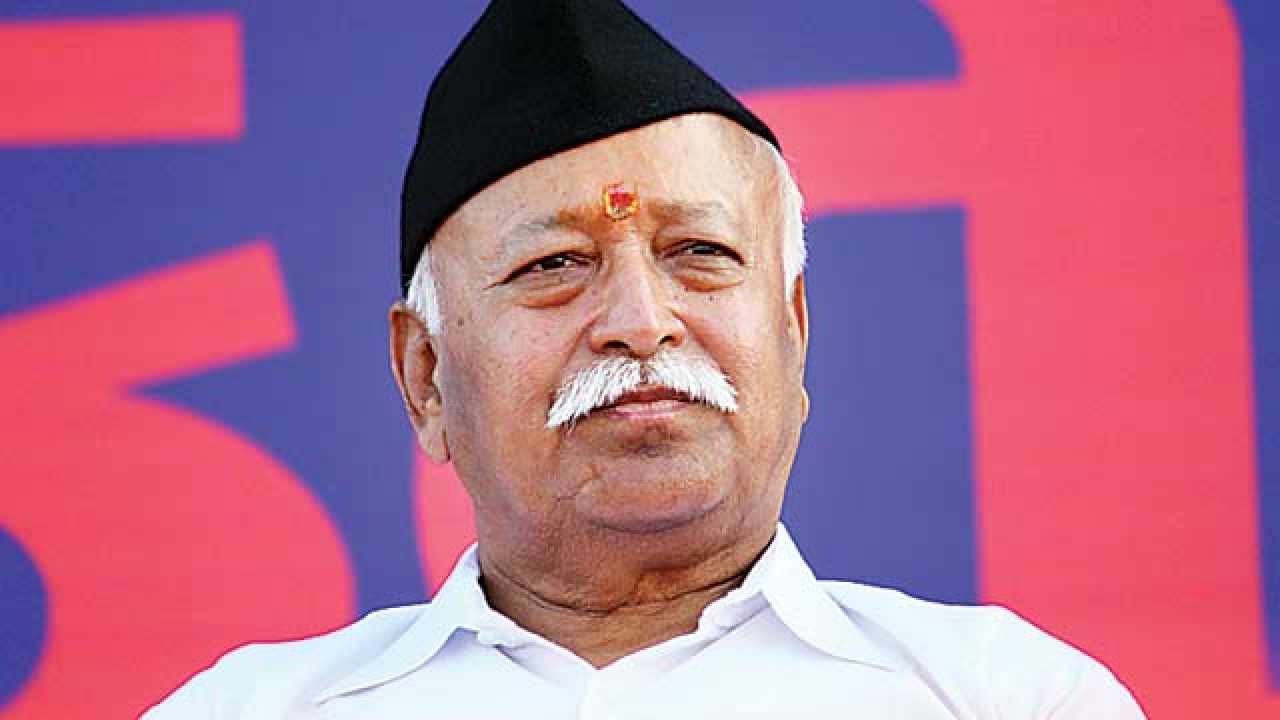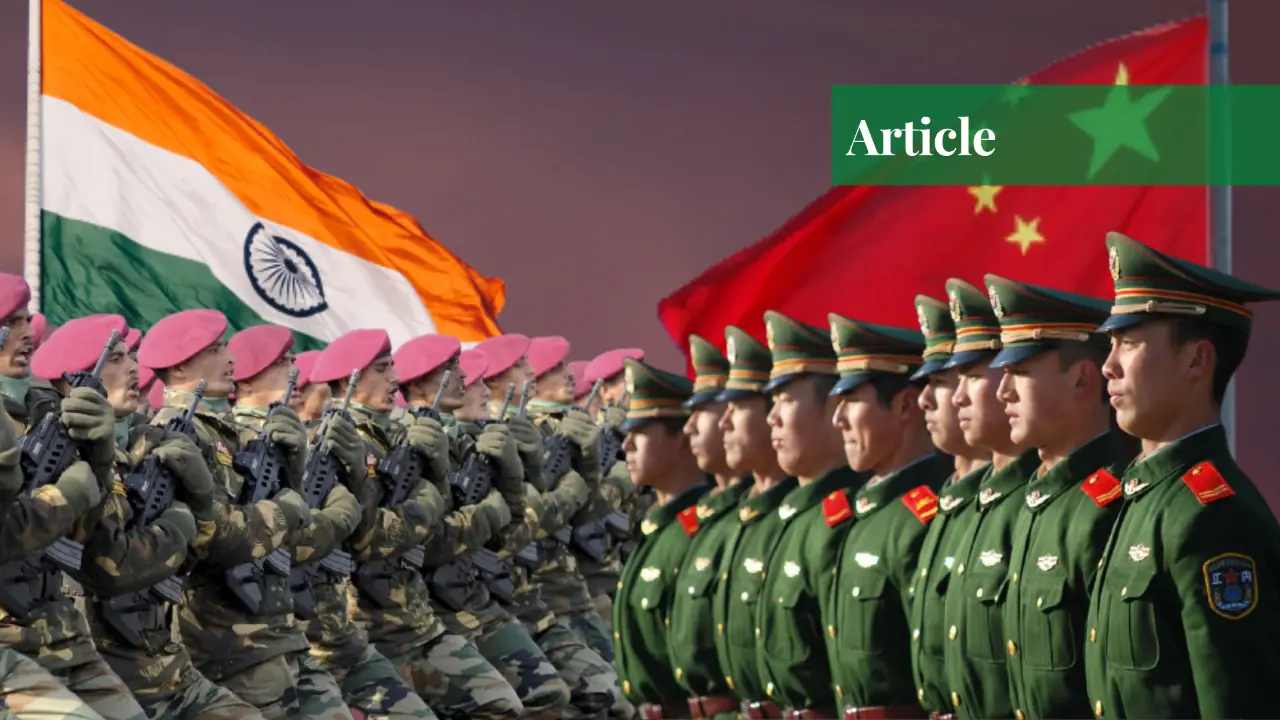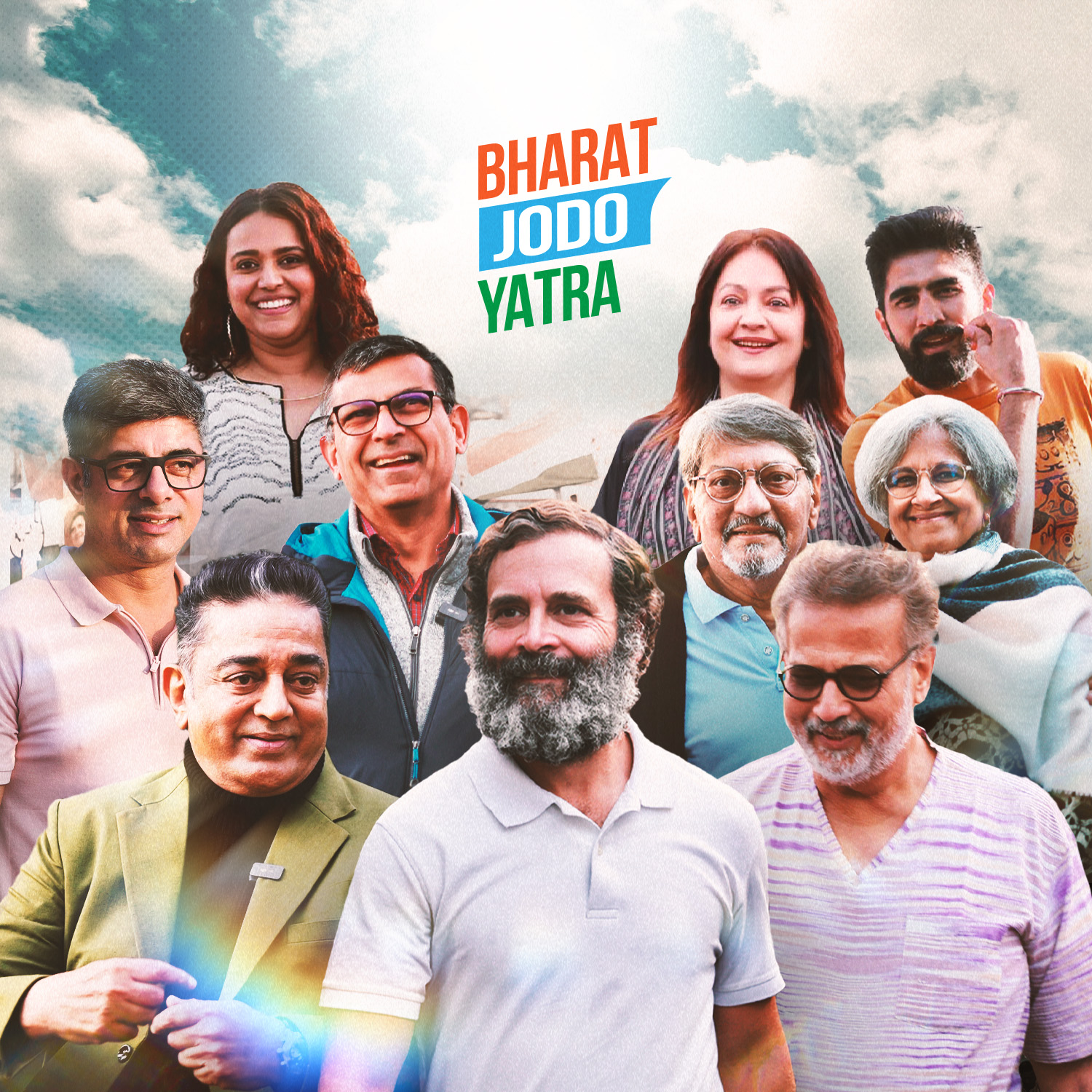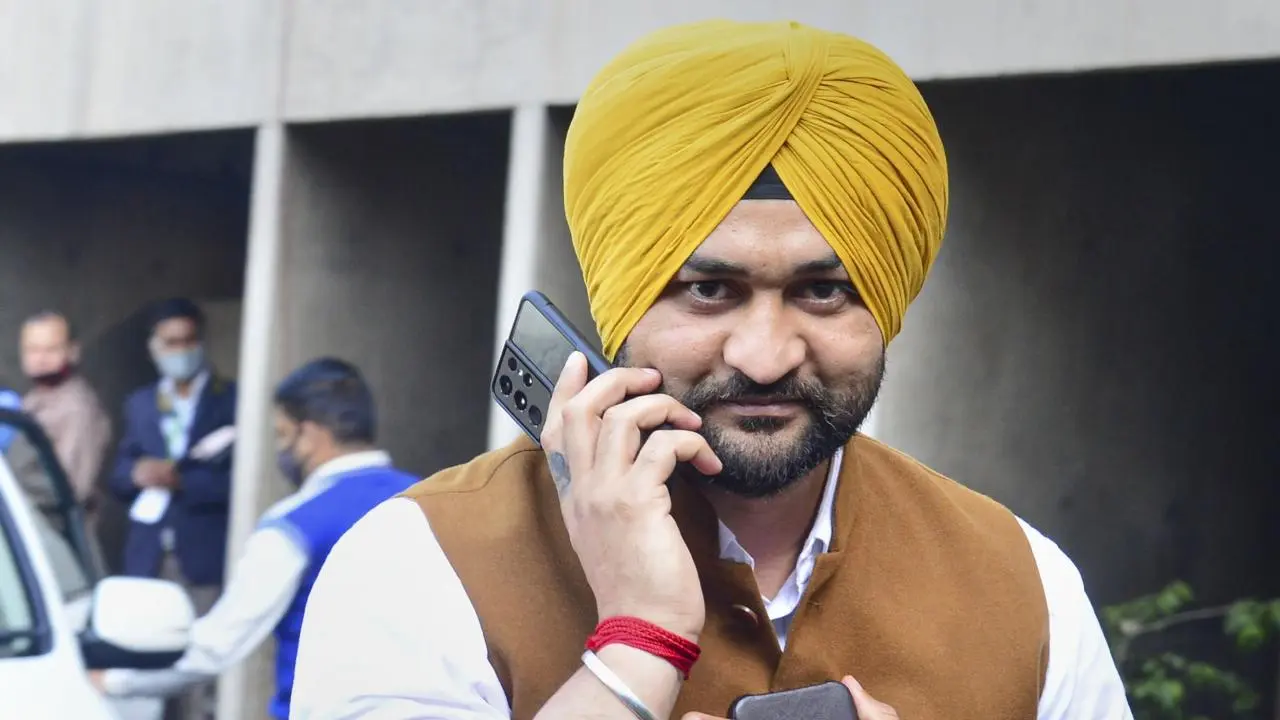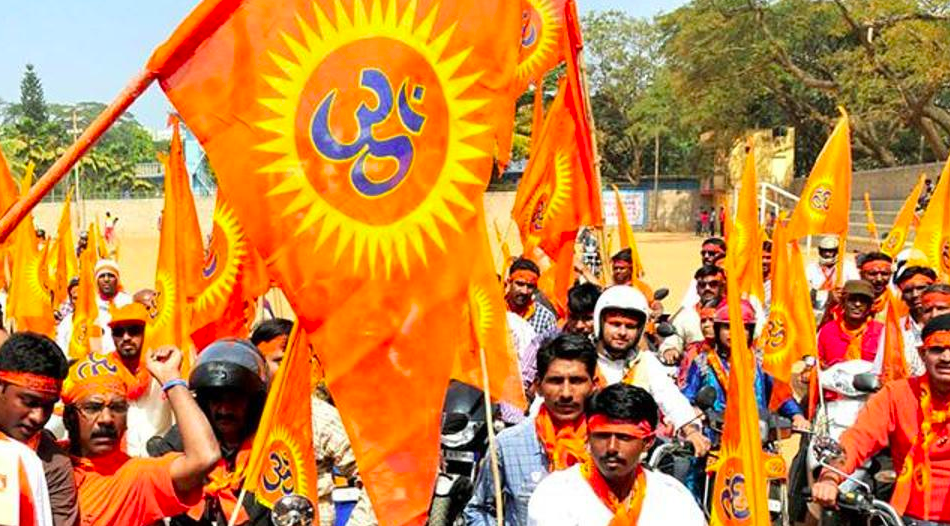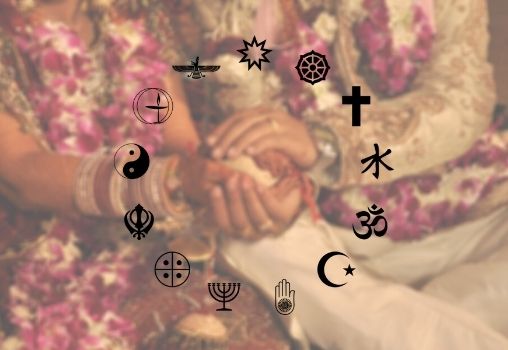War is raging throughout Hindu culture. This is how Mohan Bhagwat, the head of the Rashtriya Swayamsevak Sangh (RSS), justifies the prejudice and hate speech used against Muslims and Christians by followers and adherents of Hindutva. The fact that the fight is not a little one explains why hate speech and violent acts have suddenly erupted in torrents and are becoming more blatant with each passing day. It has been a conflict for a millennium and is still going on. It is an ongoing conflict similar to Mao’s ongoing revolution.
If Bhagwat is to be believed, Hindus are engaged in a lengthy conflict with a number of adversaries, including outsiders, foreign influences, and—worst of all—inner foes. Can you expect respect and kindness from people who are fighting a multi-front war with just 10 hands? he wonders.
Bhagwat is neither the first nor the only person to assert that hate speech directed towards Muslims and Christians has a legitimate justification. Many have urged Hindus to equip themselves so they will be prepared to hack off the heads of “enemies.” Bhagwat’s assertion was actually made before the Delhi police, who testified in court that the call for Hindus to arm themselves at a large gathering in Delhi was a stunt to defend “community principles.”
Bhagwat is a “generous” person. He would wish to avoid this aggressiveness among Hindus. But he understands their predicament. They are “merely fighting.”
The Delhi police were questioned by the Supreme Court about the basis for not taking action against Suresh Chavhanke, who is suspected of using hate speech, two days after Bhagwat legalised it. Bhagwat has given the state’s attorney a justification. The revered Mohan Bhagwat can now be cited by the police to inform the court that harsh language is unavoidable since the Hindus are engaged in a 1000-year war.
Bear in mind that Bhagwat is defending those who have advocated for the mass murder of Muslims, the rape of Muslim women, the boycott of Muslim-owned businesses, the online sale of Muslim women for auction, the injunction to Hindus not to sell their homes or land to Muslims, and the campaigning against Christians for alleged illegal conversions. He uses the argument that it is normal for people to become suspicious at a time of war to rationalise away all the Islamophobia. Hindus must be on guard since their adversaries have many faces. He acknowledges that there are nice Muslims, but how can you tell the good from the wicked during a conflict? Therefore, it makes sense that all Muslims would start to appear suspicious to Hindus.
I was reminded of a comment made by K.K. Shastri, a patriarch of the Vishwa Hindu Parishad (VHP), following the 2002 murder of Muslims in Gujarat by Bhagwat’s not-so-subtle legitimization of hate speech. He acknowledged that the VHP had created a list of Muslim premises that were targets for assault. “The young people have even done things that we find objectionable,” he said. Not on our watch. However, because they are our boys, we cannot criticise them. Will I condemn something my daughter does? Sheela Bhatt was informed by Shastri that everything “had to be done” (karvun j pade, karvun j pade). In the end, it was a war. And one must realise that excesses occur during wartime.
Bhagwat wants us to be grateful for this. Unlike in the past, the RSS is now in a position of strength and can take responsibility for the violence committed in the name of Hindus. It has never before accepted responsibility for the aggressive behaviour of its members or the Sangh parivar. Hundreds of instances of anti-Muslim violence were repudiated, Godse was excommunicated, and the destruction of the Babri Mosque was blamed on the overzealousness of karsevaks. However, that was a different era. Even though many law enforcers were generally on its side, it required plausible deniability to shield itself from the law. The pracharaks of the RSS, however, now control the legislation. The governmental machinery has also assimilated into the Hindutva ideological system. It is now secure in its ownership of the violence.
It is also true that several other Hindutva-supporting organisations have emerged outside of the RSS parivar. They propagate hatred, engage in violence, and have a sizable following. The RSS, however, is the only organisation that can carry the banner of Hindutva. It must thus demonstrate that it is in charge of everything done in the name of Hindutva. Another justification for the RSS chief’s outspoken advocacy of hate speech and violence is this.
The lengthy interview Bhagwat gave to the RSS publication only contained one important passage. Other topics he discussed, such as “accommodating the LGBTQ community,” are merely aimed to assist those seeking justifications for the RSS. However, RSS insiders are aware that they are only for show and shouldn’t be taken seriously. Let’s not forget that the RSS originally opposed caste distinctions. However, the RSS cadre understood it to mean that other Muslims and Christians should be treated as strangers and adversaries.
It should go without saying that no one has the right to give these groups any advice about how to live if they are the source of the ideology that fuels anti-Muslim and anti-Christian violence and hatred. Muslims have been told by the RSS since its formation that they would only be granted protection if they adhered to specific limitations. But who would inform the RSS leader that he lacks the power to order Muslims around?
Bhagwat uses the claim that Muslims are “supremacists” as justification for the hatred and violence directed at them. Was this the cause of the deaths of Akhlaq, Tabrez, Junaid, or Pehlu Khan? Is this the reason Hindutva gangs constantly target Muslims—to beat the supremacy out of them?
Then, there are some observers who claim that the rise of a swayamsevak named Narendra Modi has diminished the prominence of the RSS chairman. Bhagawat is thus making a strong effort to show that he is still in charge by making such pronouncements. These are justifications for not holding the charge of hate speech against him. Although he has good intentions toward Muslims, he needs to preserve his popularity with the general public.
These justifications, however, do not comfort Muslims or Christians, who not only must endure the worst of the violence and hate speech but also must see its justification and legitimization.
